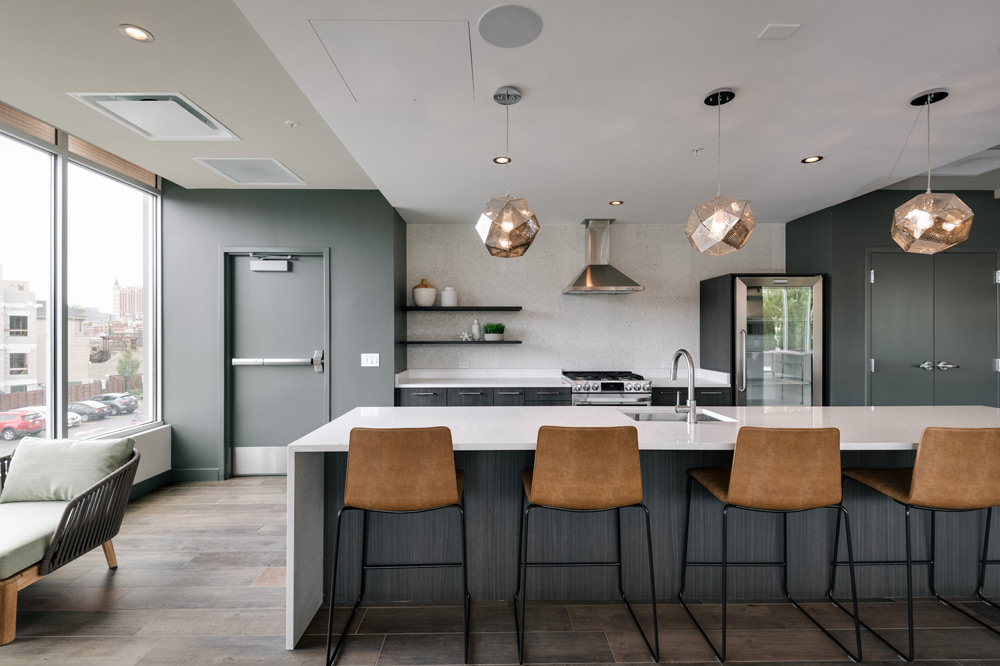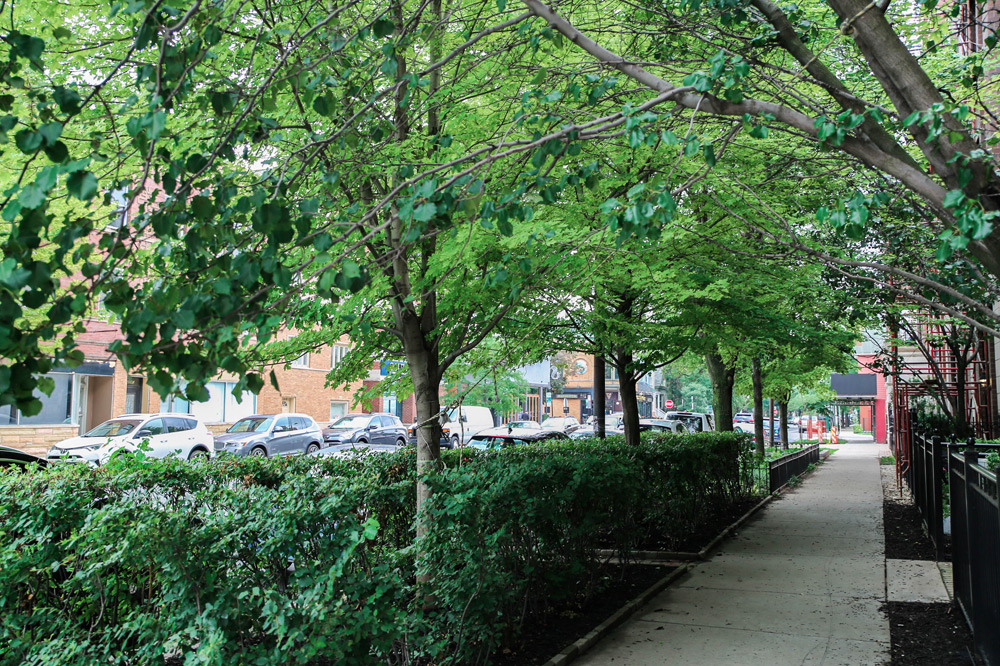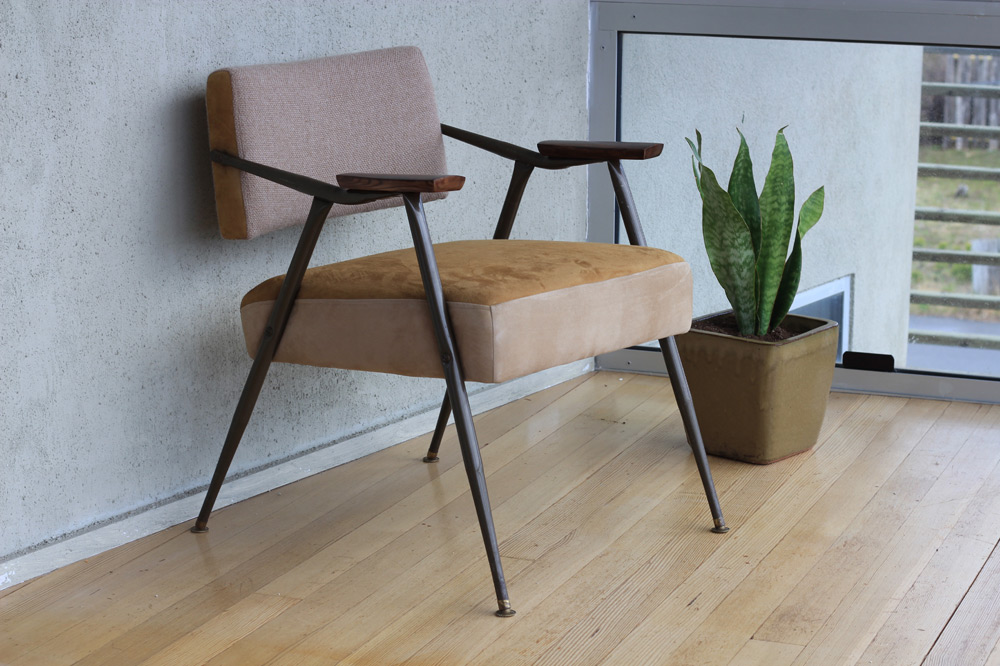Are you in the market for a condo rental, but not sure where to begin?
Don’t worry; the Luxury Living Team has made it easy by breaking down everything you need to know before signing the lease and renting a condo.
How Much Does a Condo Cost Per Month?
Chicago offers a wide variety of condo options for potential renters with different preferences and different budgets.
While the cost of a condo in the Windy City may vary drastically depending on factors such as location, build, and amenities, currently the average price for a rental in Chicago is $1,878. A one bedroom runs around $1,701 on average per month, while you can find two-bedrooms close to $2,135.
Among all of the Chicago neighborhoods, River North and River West remain the most expensive spots to rent.
While buying a condo may be the smartest long-term investment, there are more costs associated with purchasing a condo vs. renting.
When you purchase a condo, there are up-front costs that renters never have to worry about, such as a downpayment, bank and title fees, and closing costs. Condo owners are also responsible for maintenance and repair expenses that may arise.
Renters, on the other hand, are solely responsible for the first and last month’s rent up-front and occasionally an additional security deposit, depending on the rental agreement.
To ensure you find a condo in your price range, it is helpful to narrow down a neighborhood that falls into your budget. Finding an experienced leasing agent can also streamline the process and be sure to find you the perfect fit.
Should You Rent or Buy a Condo?
Are you still wrestling with the decision whether to rent or buy a condo?
The truth is there is no black and white answer, and it depends entirely on each buyer’s current financial state and long-term goals.
If you want to avoid higher out-of-pocket costs and want more freedom to pick up and go, then renting a condo may be your wisest choice.
However, if you are ready to make a long-term investment and build equity, consider purchasing a condo.
Homeowners also often take advantage of tax breaks that renters don’t get. The interest that you pay on the purchase of a condo is deductible on your federal income tax, with some limitations.
Additionally, owning a condo provides the ability to customize your unit. Since it is your property, you get to make the majority of design and renovation choices, as long as they follow HOA guidelines.
While owning a condo comes with perks, keep in mind that it also comes with the extra responsibility of maintaining the space. Renters, on the other hand, don’t have to deal with managing repairs or renovations directly. Those issues are reported to and addressed by the landlord.
How to: Rent a Condo
So you decided it’s time to rent a condo. Here’s a list of some common steps to prepare for:
- View properties: Before committing to a condo, make sure you inspect multiple options to find the best fit for you. It is crucial that you see the listings for yourself to ensure they meet your needs and expectations before signing the lease.
- Rental Application: Filling out an application is a standard procedure so that the landlord can determine your credibility as a potential renter. The application often asks for basic personal information, employment and income information, personal references, and background information. You may also have to submit an application fee and security deposit. If the application is denied, the security deposit will be returned to you within a specific time frame.
- The Lease: If your background check clears and the landlord approves your application then the next step is signing the lease or rental agreement to make the arrangements official. If you are sharing your condo with roommates, each tenant will need to co-sign the lease. Often the leaser will also need to return the lease to the landlord with the first and last month’s rent.
- Utilities: The terms of the lease specify which utilities you are responsible for and which are covered by the landlord. For the utilities that fall under your responsibility, it is important to find an independent provider to set up these extra services, such as cable and electricity.
- Paying Rent: Once you’ve signed the lease, the space is yours, as long as you keep up with your monthly rent. Depending on the landlord’s preference you may submit payments online, through an app, or by check.
How to Get Condo Board Approval for Renters
As a condo owner, there is often the possibility of renting out your property. However, before a potential renter can move in, they must first receive approval from the condo homeowner association (HOA).
If you are interested in renting out your condo, it is critical first to examine your HOA’s governing documents.
If you discover that your board prohibits rentals is there any way around these restrictions? The answer is possibly. You can attend an HOA meeting and take the propose the idea to your board.
While the approval process may vary from condo to condo, many associations often require that prospective tenants submit pages and pages of paperwork, undergo background and credit checks, and pay application fees.
All of these requirements are in place so that the board knows who will be living in their shared building and to ensure the tenants have a reputable past. Also, many associations regulate the number of rentals within a single building.
There is a perception that renters may not take care of their units to the same standard as owners. So having a strict rental policy in place is a smart preventative measure to avoid negligent renters.
How Does Co-op Rental Work?
With a growing interest in cooperatives (co-ops), you may also want to consider looking into these types of rentals. However, be aware that renting or subletting a co-op is often a complex process with strict guidelines.
The main difference between condos and co-ops is the type of ownership. Companies, rather than individuals, own cooperatives. This means that rather than acquiring the title to the physical unit, the buyer purchases shares of the company. A shareholder of the company is then entitled to a proprietary lease, giving him or her the right to occupy a specific unit.
Cooperatives still have a board, similar to a condo. It is up to the co-op board to determine whether tenants/shareholders are permitted to rent out their units. If the policy does allow for rentals, potential tenants must go through this board before approval to rent a unit.
While the co-op rental process resembles that of a condo unit, it tends to be more difficult. On top of the list of requirements that applicants must present the board, potential renters have to go through an extensive application and interview process. A lengthy in-person interview is almost always required for co-op rentals for the board to get a clear idea of the individual potentially joining their community.
Despite co-op rentals being limited, you can still find an assortment of options in the city. Cooperative Communities of Chicago is a great place to start and learn a bit more about cooperative living in the Windy City. Then when you are ready to find a rental of your own, working with an experienced broker or leasing agent will help streamline the process.
Contact the Luxury Living team today to help you find the perfect condo or co-op rental!











